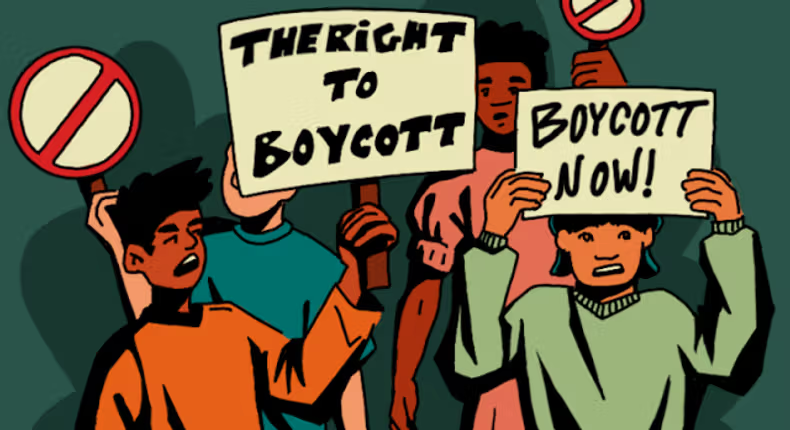The term “boycott” has become widely recognized as a form of organized protest where individuals refuse to engage with a particular company, product, or country to apply pressure for change. This concept traces back to a notable figure, Captain Charles Boycott.
Who Was Captain Charles Boycott?
Captain Charles Boycott was a British land agent in the 1880s working for Lord Erne, a wealthy landowner in Ireland. During this time, Ireland was under British rule, and tensions between British landlords and Irish tenant farmers were high due to issues surrounding land and rent.
The Conflict with Captain Boycott
In 1880, following a series of poor harvests, tenants on one of Lord Erne’s estates sought rent reductions to cope with the economic hardship. Captain Boycott, however, refused their request and evicted tenants who couldn’t pay, which was perceived as particularly harsh during a time of widespread poverty. In response, the tenants and the local community sought the advice of politician Charles Stewart Parnell, who proposed that they resist through social ostracism rather than violence.
The Birth of Boycotting
Following Parnell’s advice, the local community began to isolate Captain Boycott. Workers on his estate stopped laboring in the fields, local shopkeepers refused to serve him, and even the postman withheld mail deliveries. This complete isolation prevented him from harvesting the crops on his estate.
In a desperate attempt to salvage his crops, Captain Boycott hired workers from other parts of Ireland, but he had to do so under military escort, making it an expensive endeavor that outweighed the value of the crops he was trying to protect.
Media Attention and Legacy
The situation garnered significant media attention, and the term “boycott” began to appear in newspapers to describe the actions taken against Captain Boycott. This method of nonviolent resistance gained popularity, spreading throughout Ireland and beyond as a means of collective action against injustice or unfair treatment, particularly through social or economic exclusion.
Today, while Captain Boycott is long gone, his name lives on in a way that reflects the power of organized protest and the impact of social action against perceived injustices. The legacy of “boycotting” continues to be relevant in various movements around the world, emphasizing collective resistance as a form of change.

